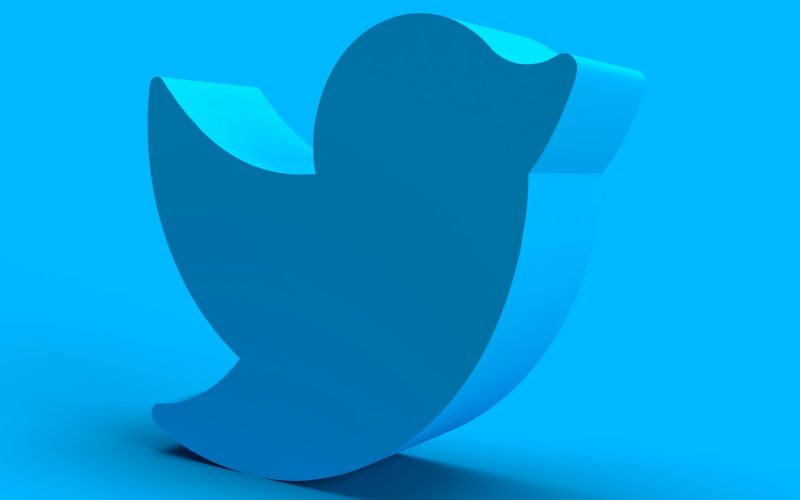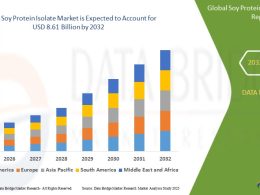Elon Musk, the billionaire entrepreneur and CEO of Tesla and SpaceX, is no stranger to controversy. His Twitter account, with over 60 million followers, is known for its provocative, often bizarre posts. But now, his tweets are drawing the attention of European Union regulators, who are concerned about the impact they may have on new content regulations.
The EU’s proposed Digital Services Act (DSA) is set to overhaul the way tech giants like Twitter, Facebook, and Google are regulated. The legislation would hold these companies responsible for harmful content on their platforms and force them to take measures to prevent its spread. The EU is worried that Musk’s tweets could potentially circumvent these rules.
One of the main issues with Musk’s tweets is their impact on the stock market. The CEO has a history of making comments on Twitter that have caused Tesla’s stock price to rise or fall. For example, in May 2020, Musk tweeted that he believed Tesla’s stock price was too high, causing it to drop by 10%.
This kind of market manipulation is a major concern for regulators, who are already grappling with the impact of social media on financial markets. Musk’s tweets could potentially be seen as a way to manipulate Tesla’s stock price, which would be a violation of securities laws.
Another concern is the impact Musk’s tweets could have on public health. Musk has been criticized for spreading misinformation about the COVID-19 pandemic and the effectiveness of vaccines. In December 2020, he tweeted that he had tested positive for COVID-19 and then later claimed that the results were false positives. This kind of misinformation could potentially have serious consequences, especially as the world continues to battle the pandemic.
The EU is also worried about the way Musk interacts with his followers on Twitter. The CEO has been known to engage in arguments and make controversial statements on the platform. This kind of behavior could potentially create a toxic environment for users and lead to the spread of hate speech and other harmful content.
It’s unclear what action the EU will take in response to these concerns. The DSA is still in the proposal stage and won’t be implemented until at least 2022. However, Musk’s tweets have already drawn criticism from some EU lawmakers. In December 2020, European Parliament member Andreas Schwab tweeted that Musk’s behavior on Twitter was “unacceptable.”
Musk has yet to respond to the EU’s concerns about his tweets. However, he has been known to push back against criticism of his social media presence. In 2019, he called Twitter a “war zone” and said that he wouldn’t be changing his behavior on the platform.
Overall, Musk’s Twitter habits are raising concerns among EU regulators about the impact they could have on new content regulations. As tech companies face increasing pressure to take responsibility for harmful content on their platforms, the role of influential figures like Musk will likely continue to be a topic of debate.












